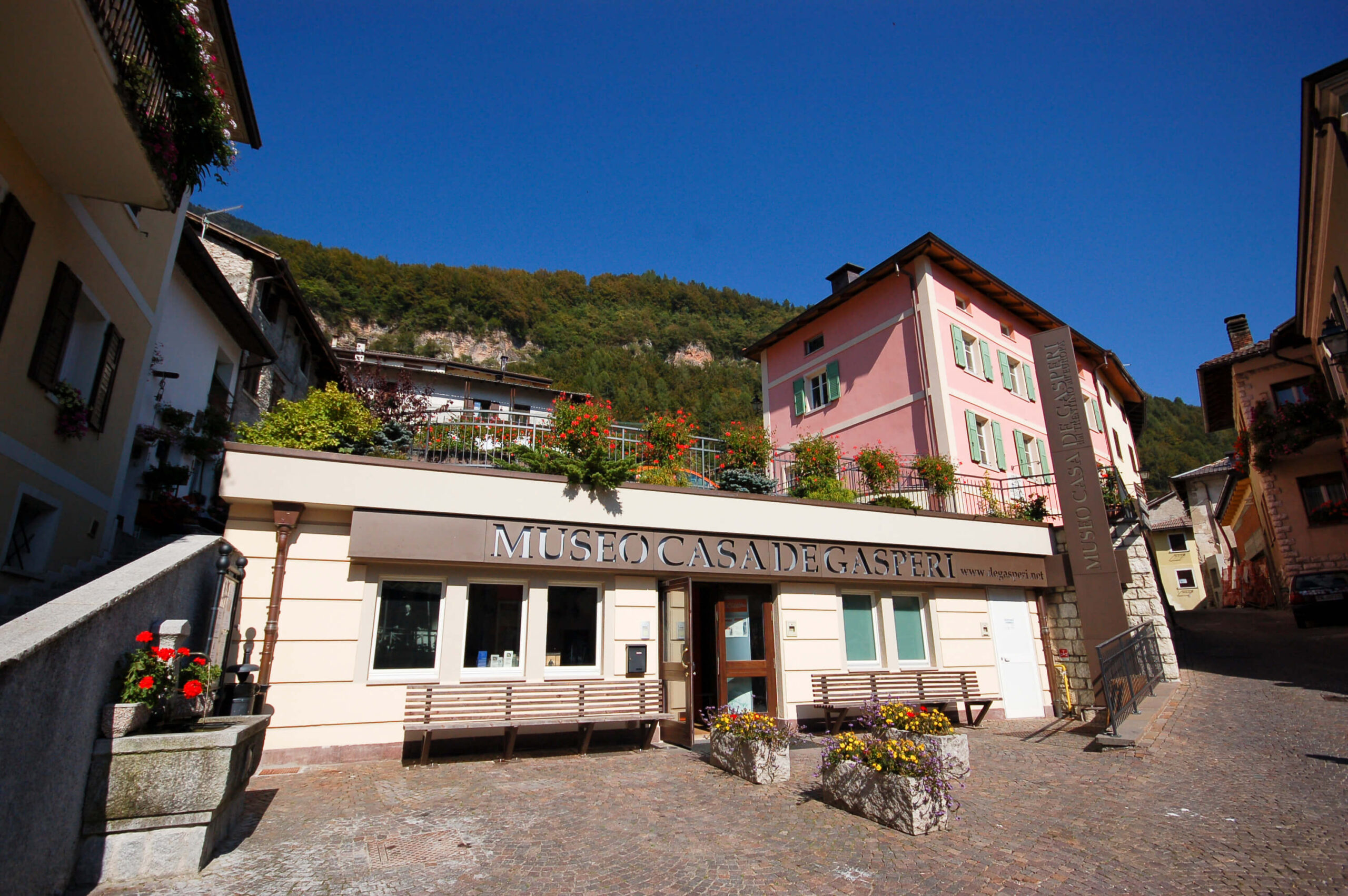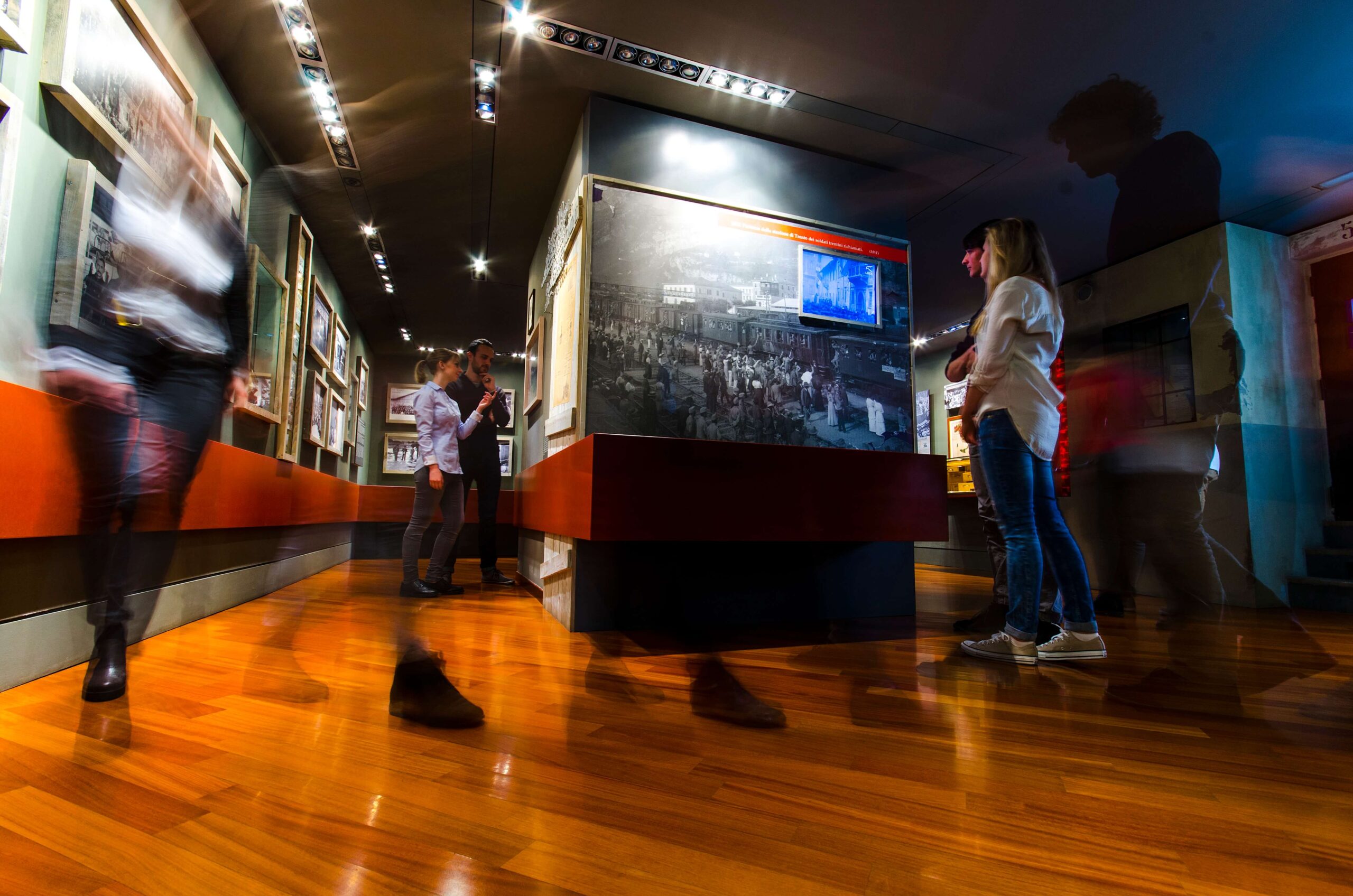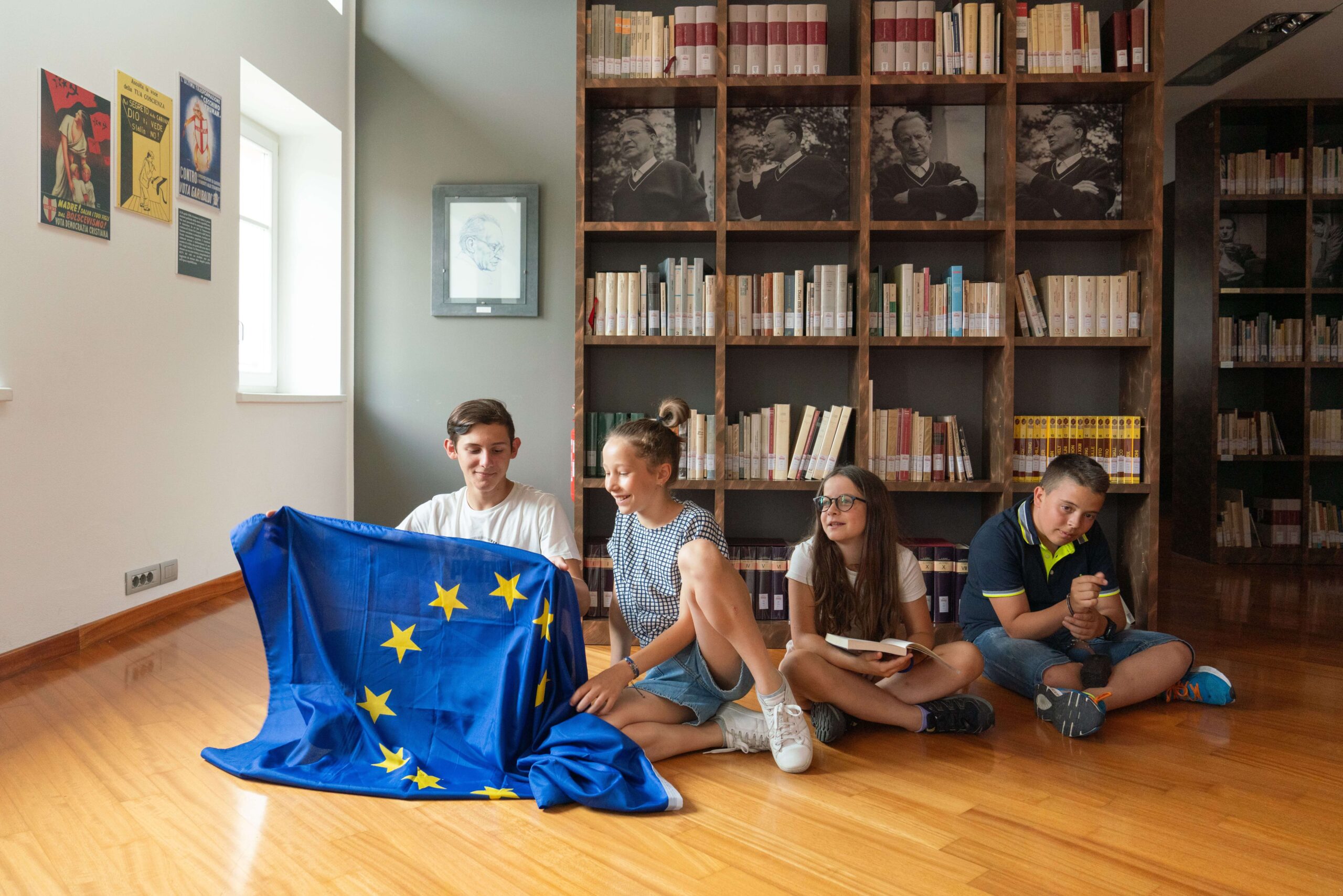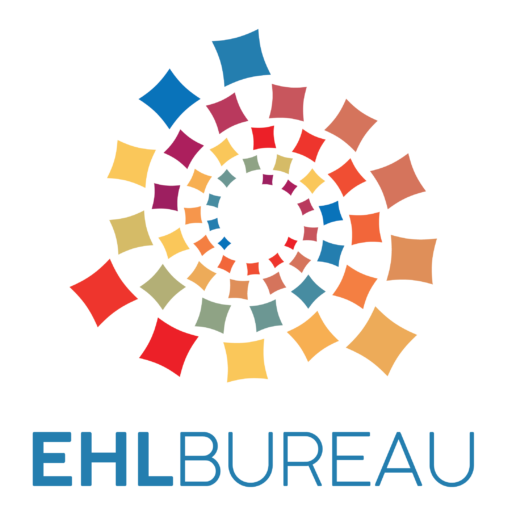This website uses cookies so that we can provide you with the best user experience possible. Cookie information is stored in your browser and performs functions such as recognising you when you return to our website and helping our team to understand which sections of the website you find most interesting and useful.
Museo Casa Alcide De Gasperi



The EHL Site
Created in the building where the statesman was born, in a small village of Trentino called Pieve Tesino, the Museum conserves ideas rather than relics, making the figure of Alcide De Gasperi into a privileged witness of 20th century history and taking the visitor on an exploration of the events and values underlying the project for European integration.
The Site, created because of the Trentino people’s desire to honour the memory of the local statesman, was set up between 2002 and 2004 with the assistance of important architects specialising in the construction of historic museums and the support of a team of historians and multimedia experts, and it was inaugurated in 2006.
Museo Casa De Gasperi is more than just a museum: it is also the base for the Foundation managing the museum, supporting a series of cultural activities at regional, national and international level, along with an educational and research network.
European dimension
The museum is of European interest for several reasons:
• it bears the name of one of the Fathers of Europe
• the 3rd floor is dedicated to De Gasperi’s role in the European integration process
• there are celebrations and activities for the May 9th anniversary
• the Foundation offers two educational modules dedicated to the European Union: one on European history and a workshop simulating the discussing of a European law. In addition, it runs projects for young university students on European citizenship
completing the museum is the Giardino d’Europa, which represents European values through plants.
The organization
Today the Museum is managed by the Fondazione Trentina Alcide De Gasperi, established in 2007 by the Autonomous Province of Trento and the Istituto Luigi Sturzo in Rome.
It carries out research, training and cultural dissemination activities aimed at deepening and enhancing the figure of the great statesman from Trentino. Interpreting Degasperi’s message in a contemporary key, it promotes political culture, autonomy and Trentino’s historical and cultural identity, civil participation, and knowledge of international and EU institutions, through activities in schools, scientific research, citizenship schools, and cultural events in collaboration with local, national and European institutions.
